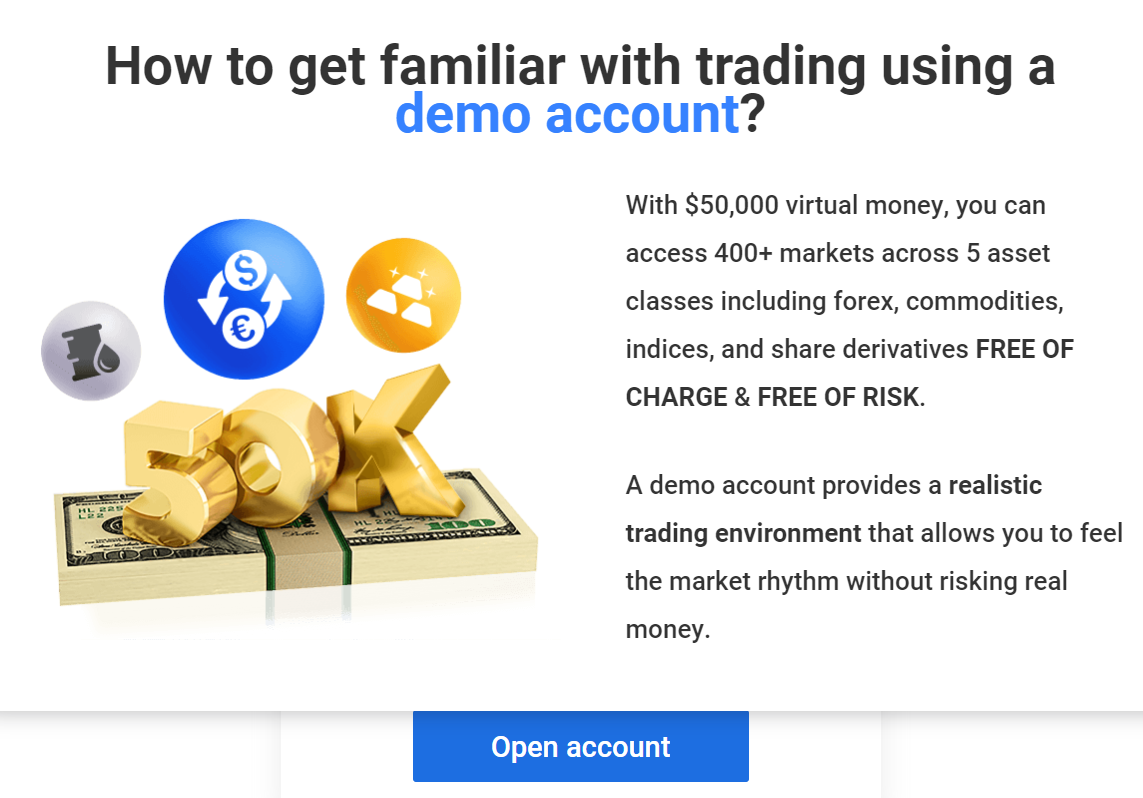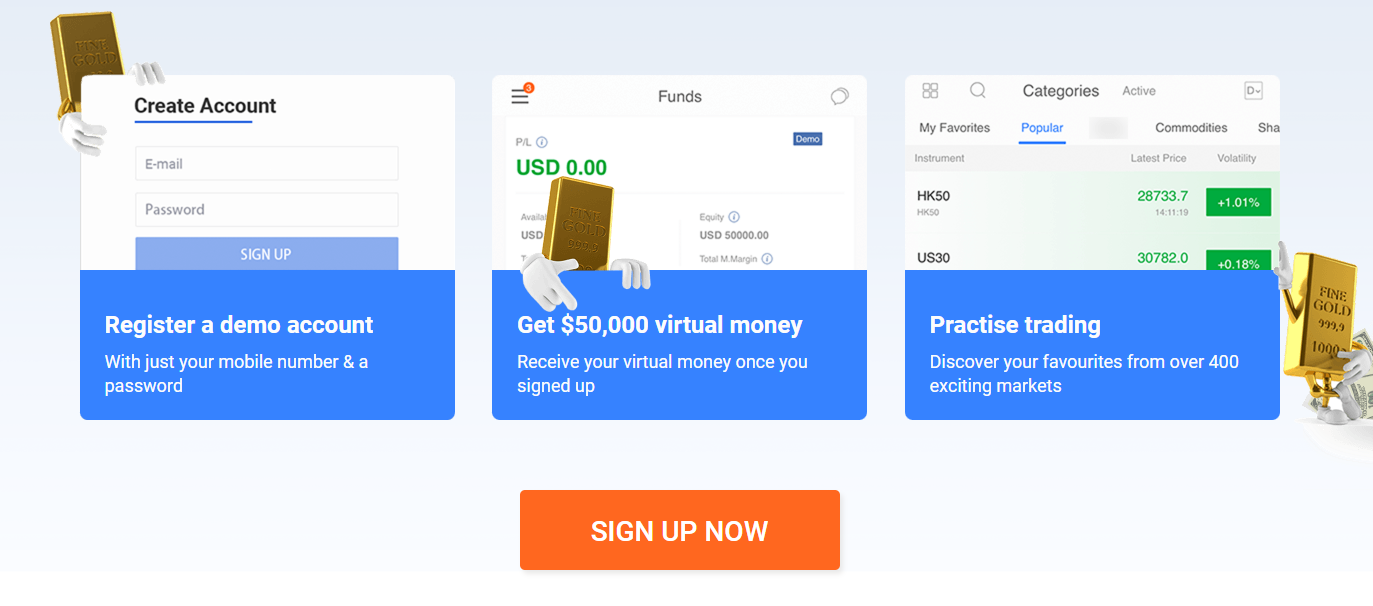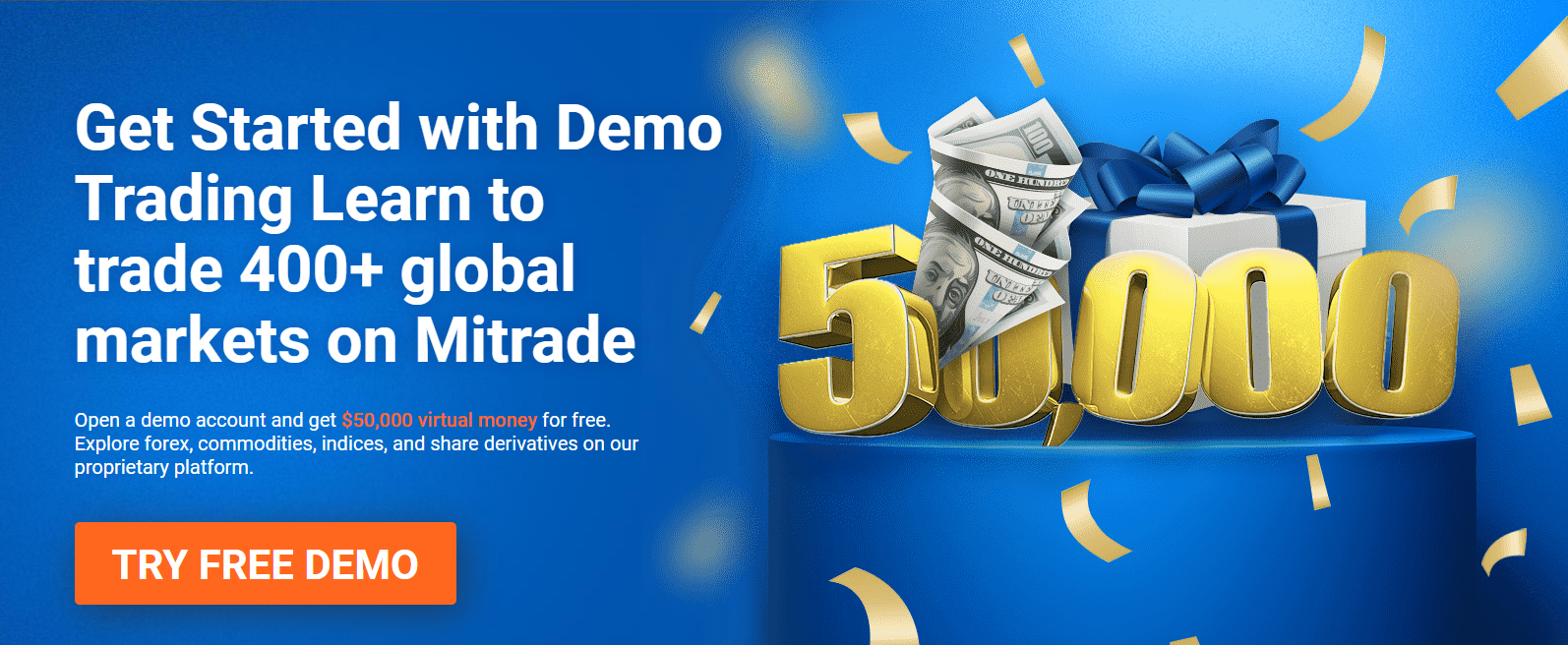Equity to Commodity: What is Commodity Account and Difference between Equity and Commodity?
The volatile state of global markets has driven investors to search for stable and safe avenues for investment. Among various routes available to an investor, Equity2Commodity are some of the fundamental categorizations of financial instruments.
The complicated jargon and unnecessary complexity involved in investment banking and brokerage can deter proper understanding of the aspects involved in long or short-term trading and investing. This article aims to serve as the definitive guide to explaining the differences and similarities between commodities and equities to promote financial literacy and give our readers more control over their investment portfolios.
What is a Commodity?
A commodity is any asset, product, raw material, or other undifferentiated manufactured or natural goods that can be exchanged or traded on the open market between a buyer and a seller. A commodity can take the form of natural raw materials like corn, gold, silver, or wheat. It can also take the form of manufactured or value-added products like refined lithium, iron bars, or dry cement.
These products are exchanged among investors under market conditions influenced by the terms of a Contract. Commodity contracts are time-bound agreements that enable an investor to hold a commodity within their portfolio for a set amount of time, after which the investor may sell or forward it. The bottom line is that a commodity contract EXPIRES after a set amount of time and cannot be withheld indefinitely.
A commodity is also more prone to be affected by volatile market conditions and is a short-term financial instrument. Global events such as demand and supply conditions can affect the value of a commodity, creating a more significant risk profile.
What is an Equity?
Equity is a well-defined asset such as company stock or shares in a product. By definition, the equity value is determined by the asset's value minus the liabilities attached to that asset.
Liabilities are any amount owed by a company to other legal entities that are deducted from the overall revenue of the asset in question.
For example, a company's share valued at $100 having a sum of liabilities equal to $20 will have an equity value of $80.
This means that an equity share carries the value of the liabilities of the asset, subsequently being affected by a decrease or increase in the same.
Equity is traded via the stock market and is listed publicly via stock exchanges worldwide. Equity is a long-term financial instrument that investors can hold indefinitely without a set expiry date.
Equities are affected by the state of the company to which the asset initially belongs. Although they are more resilient to volatile markets due to the internal management mechanisms of the company, they are still affected by changes in the revenue generated by the company in the short and long term.
Explaining the Difference: Equity vs Commodity
Comparing equity to commodity is simple if a few variables are considered in detail. The difference between equity and commodity is determined by various aspects such as:
Commodity | Equity | |
Period of Investment | Short Term | Long Term |
Nature of Asset | Undifferentiated Products | Company Shares or Assets |
Means of Trading | Commodity Account and Contracts | Stock Market and Stock Exchange |
Equities offer better liquidity than commodities, but investors can trade commodities more extensively.
What Is Commodity Account?
A commodity account means meaning any financial portfolio managed by a broker or exchange that deals with undifferentiated commodities such as those detailed above. A commodity account offers the investor the ability to invest in short-term contracts, usually called futures or options. These financial instruments, namely commodity futures and commodity options, are optimized for short-term investment goals. They allow an investor to purchase a set amount of commodities and trade them in the commodities market for a set amount of time under specific conditions and limitations defined by the nature of the particular commodity account and brokerage.
How To Trade Equity?
Equity can be purchased and traded via the stock market through stockbrokers and investment management agencies, enabling the investor to create a portfolio of different equity assets. Investors can hold these assets for a more extended period. Subsequently, the liabilities involved also affect the value of the share or asset.
Equity to Commodity
Investors interested in trading a commodity can purchase stock or share of a company that deals with that particular commodity. In this way, investors can convert equity to commodity and vice versa, reaping the benefits of both types of markets.
Converting equity to commodity can also be achieved by investing in a product developed by a company, which can then be traded as a commodity on the market. Investors who speculate by turning equity to commodity shares can benefit from the greater security and stability of equities while reaping the immediate advantages of trading a commodity in share market.
What is Commodity in Share Market?
A commodity exchanged via the share market can be treated as equity as a product managed by the company to which the share or stock belongs. A commodity in share market is the product or raw material being traded by a company, which investors can capitalize via equity to commodity trading.
Conclusion
We hope this article has answered the question, “What is equity and commodity?” which is a common query among new investors. In summary, equity is a share or stock belonging to a legal entity/company that can be traded via the stock market and held indefinitely until the investor decides to liquidate the asset. On the other hand, a commodity is an undifferentiated product that is traded via a time-bound commodity contract.
The content presented above, whether from a third party or not, is considered as general advice only. This article does not contain and should not be construed as containing investment advice, investment recommendations, an offer of or solicitation for any transactions in financial instruments. Mitrade does not represent that the information provided here is accurate, current or complete. For any information related to leverage or promotions, certain details may outdated so please refer to our trading platform for the latest details. *CFD trading carries a high level of risk and is not suitable for all investors. Please read the PDS before choosing to start trading.
- Original
- Trading Analysis
Risk Warning: Trading may result in the loss of your entire capital. Trading OTC derivatives may not be suitable for everyone. Please consider our legal disclosure documents before using our services and ensure that you understand the risks involved. You do not own or have any interest in the underlying assets.




